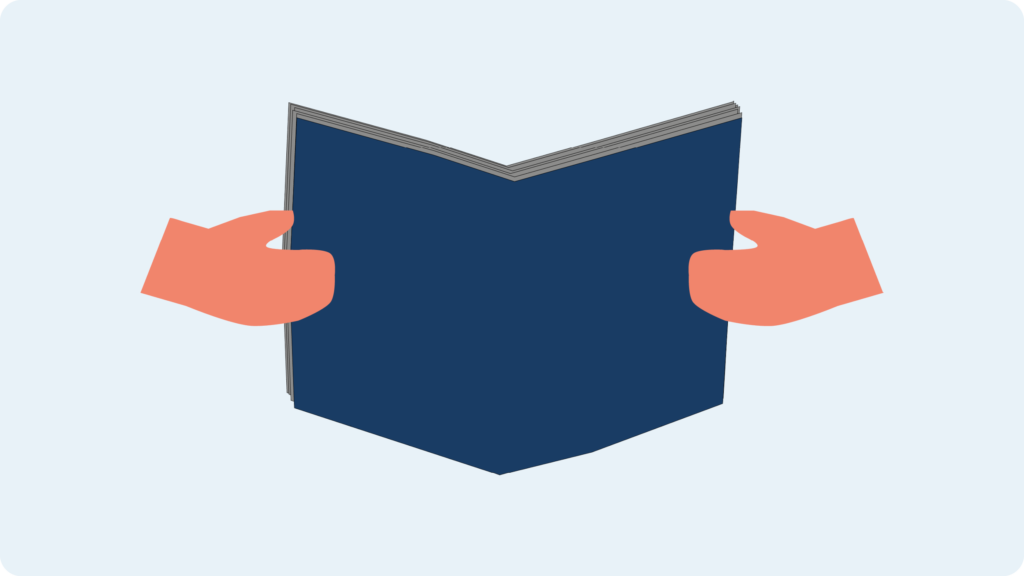History

Intent
Our teaching of History will help pupils gain a coherent knowledge and understanding of Britain’s past and that of the wider world. It will inspire pupils’ curiosity about the past and to know more about the past.
We will teach our children the skills to enable them to ask perceptive questions, think critically, weigh evidence, sift arguments, and develop perspective and judgement.
Through the teaching of History we endeavour to teach children to understand the complexity of people’s lives, the process of change, the diversity of societies and relationships between different groups, as well as their own identity and the challenges of their time.
Our pupils will realise that the past is gone and history is constructed and contested. History’s unique concepts help pupils to construct arguments and support them to become analytical citizens who can question human motivation and society with skill and confidence.
The following threads underpin our teaching of history.
Significant people/places
Significant events
Religion/beliefs
Family life
Technology/innovations
Invasion/ruling
Implementation
History is taught either in blocks or weekly throughout the year, so that children achieve depth in their learning. This is decided at the medium term planning stage, identifying within the given topic which is the best approach to take. Where possible, History is linked to other areas of the curriculum to increase breadth of knowledge and experiences.
Teachers have identified the key knowledge and skills of each topic and to ensure progression across topics throughout each year group across the school. By the end of year 6, children will have a chronological understanding of British history from the Stone Age to the present day.
The following principles and practices underpin the implementation of the History curriculum at Co-op Academy Parkland
- This is achieved by ensuring that the four common themes are followed in each topic in Key stage 2, religion/beliefs, family life, technology/innovations and invasion/ruling. Interlinked with this are studies of world history, such as the Ancient Civilisations of Greece and Early Islamic Civilisation.
- The children are expected to recall previous learning in each session in order for them to embed their learning and make links.
- The historical skills are a priority and these are sequenced and show progression through the key stages.
- Each unit will have a historical question/enquiry to answer, focusing on one or more of the following areas. Significance,change and continuity, change and consequence, similarities and differences.
Impact
- Children will become increasingly critical and analytical within their thinking. Making informed and balanced judgements based on their knowledge of the past.
- Children will have a sound knowledge of important historical events, people and cultures.
- Children will build an increasing understanding of historical terminology and language.
- Children will become increasingly aware of how historical events have shaped the world that they currently live in.
- They will also have a further understanding of History on a local level and on a small-scale.
- Children will develop enquiry skills to pursue their own interests within a topic and further questioning.
- Where applicable, children will have encountered or participated in high-quality visits/visitors to further appreciate the impact of History.
